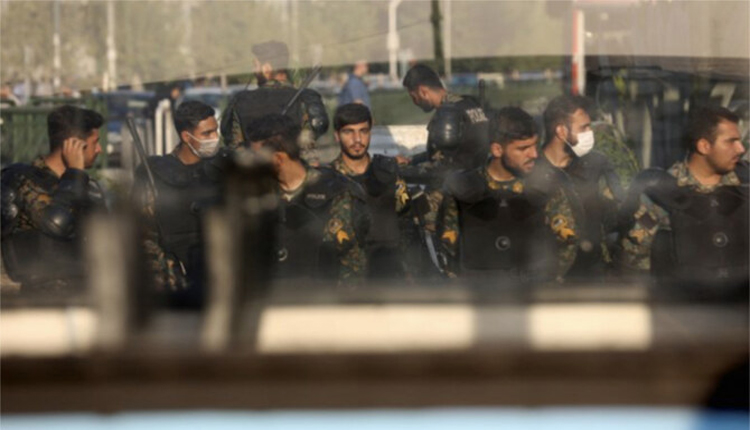Sistan and Baluchestan, Iran: Three Iranian border guards were killed and another wounded in a deadly attack by gunmen in southeast Iran on Thursday, authorities have confirmed. The assailants, travelling in a car, opened fire on a Border Regiment vehicle near the border with Pakistan, killing two soldiers and an officer, and injuring a civilian in the process, according to state media reports.
The terrorist group Jaish al-Adl has claimed responsibility for the assault, state news agency IRNA reported. The group, which demands more rights for the ethnic Baloch minority, has been involved in a series of violent confrontations in the region.
A Region Marred by Violence
The attack is the latest in a series of violent incidents in Sistan and Baluchestan, one of Iran’s most volatile provinces. In April, at least 22 Iranian policemen were killed in two separate clashes in the province, which shares borders with Afghanistan and Pakistan. The area has long been a hotbed of conflict, with militant groups, armed drug traffickers, and Iranian security forces frequently clashing.
The province has seen several deadly attacks in recent months. Earlier, suspected Sunni Muslim militants launched an assault on the Revolutionary Guards’ headquarters in the region, resulting in the deaths of 11 security personnel and 16 civilians. More clashes were reported between the Jaish al-Adl group and Iranian security forces in the cities of Chabahar and Rusk.
In December, militants carried out an attack on a police station in the province, killing nearly a dozen police officers. The region, one of the least developed parts of Iran, has been marked by long-standing tensions between its predominantly Sunni Muslim population and the country’s Shiite theocracy.
Rising Tensions and Calls for Rights
The latest attack comes amidst escalating tensions in the border areas. Jaish al-Adl, a militant group operating from the region, continues to push for greater rights for the Baloch minority. The group has been responsible for numerous attacks in recent years, reflecting the deep-seated ethnic and sectarian divisions that continue to challenge the stability of the region.
Iranian security forces have launched operations to track down the perpetrators, with local authorities vowing to bring those responsible to justice. The situation remains tense as the province grapples with ongoing conflict and the threat of further attacks.
As the violence continues, the strained relationship between the Sunni Baloch minority and the Iranian government shows no sign of easing, raising concerns about the future stability of the southeastern border regions.



Comments are closed.